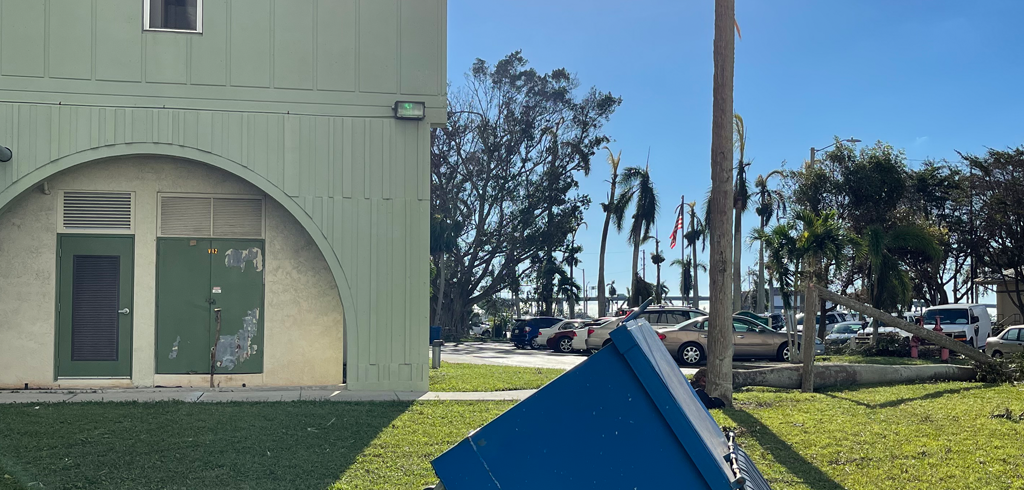What To Do If HOA Is Not Maintaining Common Areas Of Your Condo

Living in a condominium offers a unique blend of ownership and community living. Residents enjoy shared amenities like pools, gyms, and gardens maintained by a Homeowners Association (HOA). Is the HOA not maintaining common areas as they should?
The deterioration of these shared spaces can lead to decreased property values and diminished quality of life. If you find yourself in this situation, understanding your options is key to resolving the issue and ensuring your investment remains protected.
Identifying the Problem
The first step is to clearly identify the issues with the common areas. Whether it’s a neglected swimming pool, unkempt landscaping, or broken gym equipment, document the problems with photos and detailed descriptions. This evidence will be crucial when you approach the HOA to discuss your concerns.
Determine if the maintenance issues are isolated incidents or part of a larger, ongoing problem. Review the HOA’s maintenance schedule and compare it to the current state of the common areas. This will help you build a case if you decide to take further action.
Reviewing the HOA Agreement
Your condo’s HOA agreement is a critical document outlining the responsibilities of both the homeowners and the association. Review the agreement to understand what maintenance tasks the HOA is legally obligated to perform. This may include specific details about the frequency of maintenance for certain amenities and areas.
If the HOA is not fulfilling its contractual obligations, this document will be an essential reference when you present your case. It’s also important to review any bylaws or regulations that govern how the HOA should operate and how disputes should be handled.
Communicating with the HOA
Once you’ve identified the issues and reviewed your agreement, it’s time to communicate with the HOA. Start by contacting the HOA board or property manager to discuss your concerns. Present the evidence you’ve gathered, including photographs and notes, and be clear about what you expect in terms of resolution.
Approach this discussion with a cooperative attitude, as the HOA board members are often volunteers who may not be aware of the issues. Constructive communication can lead to a quicker resolution and help maintain a positive relationship between homeowners and the HOA.
Attending HOA Meetings
If your initial communication does not lead to satisfactory results, attending HOA meetings can be an effective way to address the issue. These meetings provide an opportunity to bring your concerns directly to the board and the community. Be prepared to present your findings and suggestions for improvement to the group.
Gaining the support of other residents can strengthen your position. Encourage your neighbors to voice their concerns as well, as a collective voice is more likely to prompt action from the HOA.
Considering Legal Action
In situations where communication and community involvement do not resolve the problem, legal action may be necessary. Consult with an attorney specializing in real estate or HOA law to discuss your options. They can help you understand the legal avenues available, such as mediation or filing a lawsuit if the HOA is in breach of contract.
Taking legal action should be a last resort, as it can be costly and time-consuming. However, it may be necessary to protect your property investment and ensure the HOA fulfills its obligations.
Comprehensive Reserve Studies to Meet HOA Obligations
Stone Building Solutions is your trusted partner for ensuring the proper maintenance and management of your condominiums. With our comprehensive structural assessments and reserve studies, we help HOAs meet their obligations and maintain the value of your investment.
Our expert team provides tailored solutions to address maintenance issues and enhance the safety and quality of your condo community. Contact us today to learn how we can support your condo management needs and ensure your property remains a vibrant and well-maintained space.
